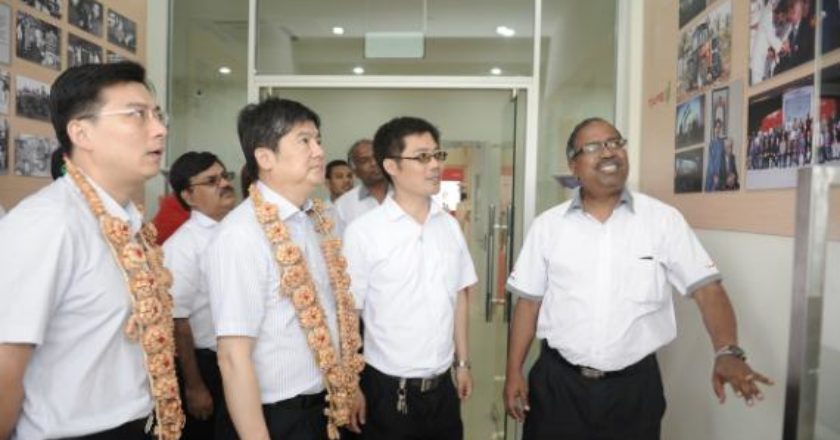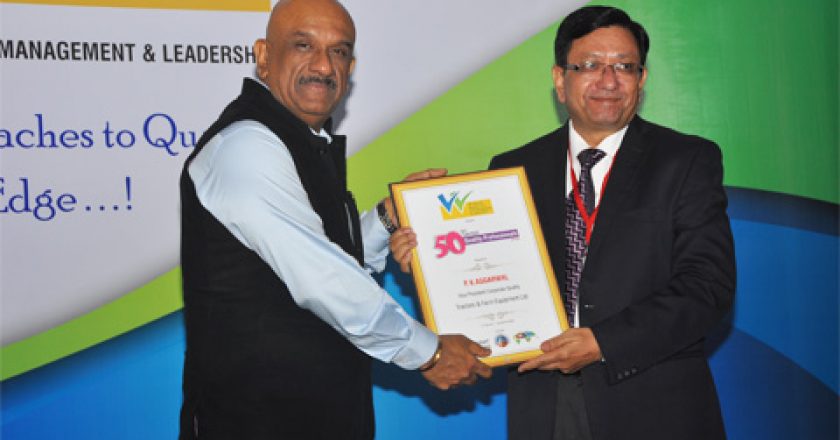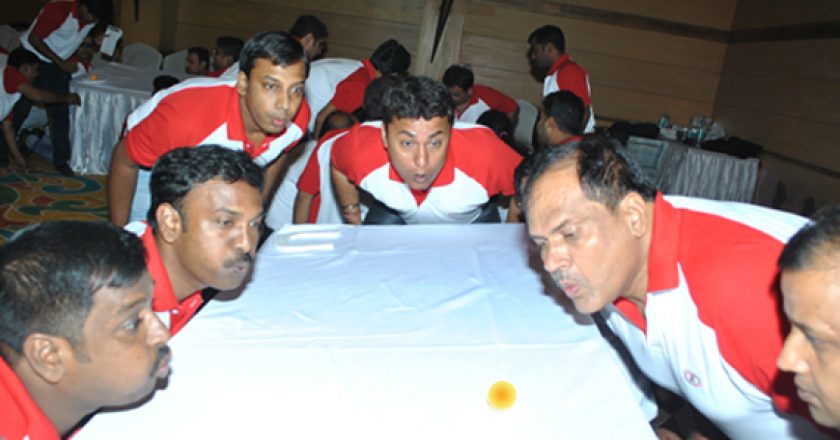The TAFE Tractors Changshu Company Limited plant was inaugurated on July 07, 2014. This new facility is located in China’s Changshu city, known for its scenic landscapes, culturally rich history and thriving agriculture. The Changshu facility is a value addition to TAFE’s Indian and worldwide operations, and will cater to its global sourcing needs.
The inauguration ceremony was a small intimate event hosted by TAFE teams from India and China. The chief guests for the inauguration were Mr. Fang Gang and Mr. Fan Jianqing, Vice Chairmen – Changshu Economic and Technological Development Zone (CEDZ). The guests were received at the entrance with sandalwood garlands – a mark of respect extended towards guests in the Indian culture, and escorted into the facility premises. Here picture boards showcasing the history of TAFE were displayed and guests were provided with explanations to give them insights into TAFE.
The main inauguration program began with the TAFE Anthem and the lighting of the lamp by the dignitaries and TAFE team. Mr. S. Chandramouli – VP, International Business Unit then welcomed everyone present, following which, the TAFE video was screened. Next, Mr. Fang Jianqing addressed the gathering, wishing TAFE the best of luck. The ribbon cutting ceremony next marking the official inauguration of the facility was done as per Chinese customs where six people cut the ribbon simultaneously.
Mr. Shaik Rahiman – AVP, Manufacturing, delivered the vote of thanks expressing his sincere gratitude to the Chinese authorities and all the TAFE teams for their tireless work towards making the Changshu facility a reality. The official launch of the operation was next, where the dignitaries turned on the switch to the HMC. Everyone present at the inauguration ceremony was then given a quick tour of the facility.
The day ended with TAFE associates getting together to celebrate the momentous day and to take stock of what they had achieved. We wish the Changshu team all the very best in all their future endeavours!





